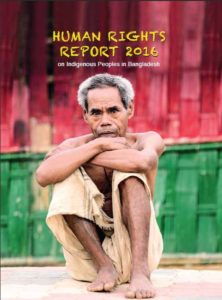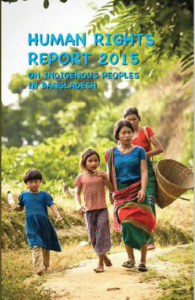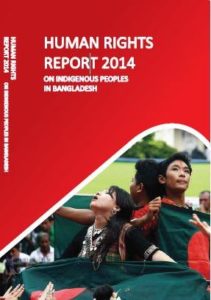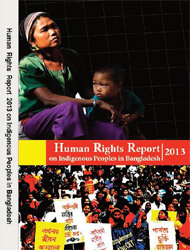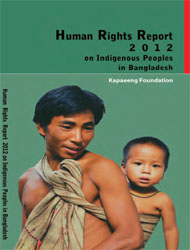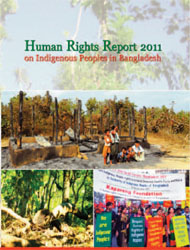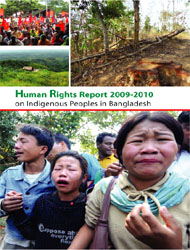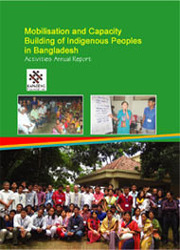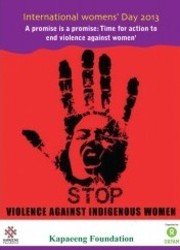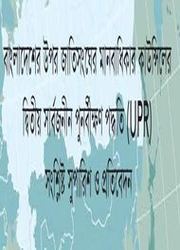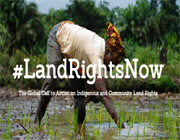World Bank funded-project kicks off in CHT without meaningful consultation with the CHT institutions and indigenous peoples
KF Report: With the intent to construct a 123-kilometer road in Rangamati of Chittagong Hill Tracts (CHT), the Government has started a survey in Rangamati without proper consultation with the Chittagong Hill Tracts Regional Council, the apex body to oversee the administration and development activities in the CHT and representative indigenous peoples institutions and organizations.
It is learnt that Government with funding support from the World Bank has initiated a survey under its “Chittagong Hill Tracts Connectivity Project” in the beginning of this year. A representative of World Bank and Economist of said project K S H Rao visited the CHT and met Mr. Brisha Ketu Chakma, chairman of Rangamati Hill District Council in Rangamati on 1 January 2016 (Source: Bangla Tribune, 2 January 2016). It is also reported that Prime Minister approved construction of border road in the hills. The road would be constructed by Engineering Core of Bangladesh army (Source: CHTTimes24.com, January 4, 2016).
The main objective of the road construction project is to expand trade with the Mizoram state of India. On 30 January 2016 a 7-member delegation of Member of Legislative Assembly (MLA) of Mizoram State led by Nihar Kanti Chakma MLA visited the proposed Land Custom Station at Thegamukh despite boycotting any meeting with the visiting delegation by local indigenous people. The project includes construction of Thega Land Port at the mouth of Thega River under Thega Union in Barkal Upazila of Rangamati Hill District and development of a network of infrastructures connecting different areas of the CHT with the port. The project also includes cosntruction of two land ports at Ramgarh of Khagrachari Hill District. Although the CHT Regional Council has given its consent on the proposed land port at Ramgar, the CHT apex body has not given any consent for land port at Thega Mukh land port considering its possible adverse impacts. But the government has began implementing the project, ignoring the opinion of the CHT Regional Council. The government has developed a raod construction plan that inlcudes construction of Baghairchari-Harina-Thega road, Naniarchar-Longadu-Harina-Thega road, Kaptai-Bilaichari-Jurachari-Thega road, and Rajasthli-Jurachari-Thega road.
According to the eenvironmental experts, if the projectis implemented, it will have serious adverse impacts on natural environment and local people in and around the vicinity of the project. The project would require clearing the forest cover and destroy other natural resources of the projected area. Furthermore, it is feared that there would be wide-scale infiltration of outsiders into the region, which would severely detriment the Jumma-inhabited feature of the region as has been recognized in the CHT Accord.
The Safeguard Policies of the World Bank on Indigenous Peoples (ESS 7) require “free, prior and informed consent (FPIC)” of local indigenous peoples in every stage, from planning to implementation and monitoring, of any World Bank-funded project inindigenous territories. The initiative of the road connectivity project is a clear violation of the World Bank’s Safeguard Policies. In addition, the project violates the CHT Regional Council Act of 1998 which requires consultation with the CHT Regional Council for any kind of development activities in the CHT.
Published on February 8, 2016.



